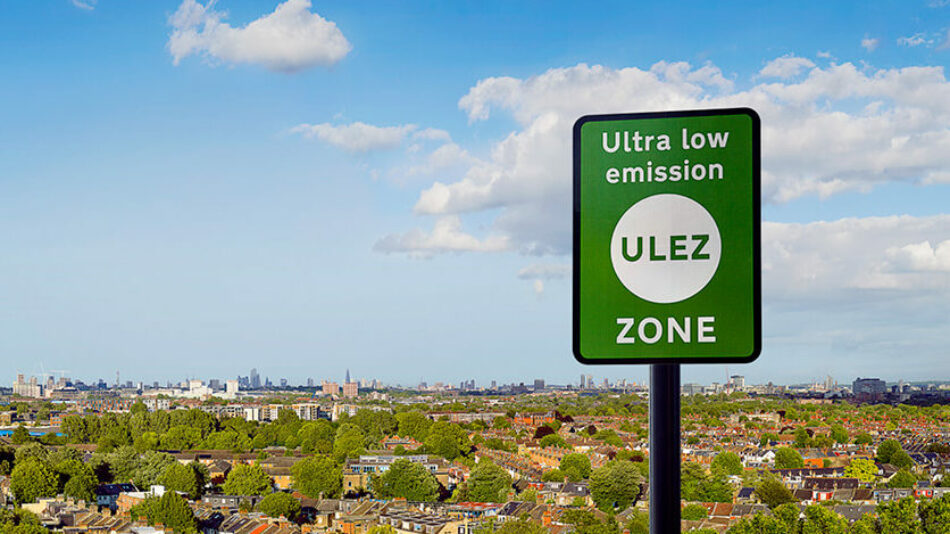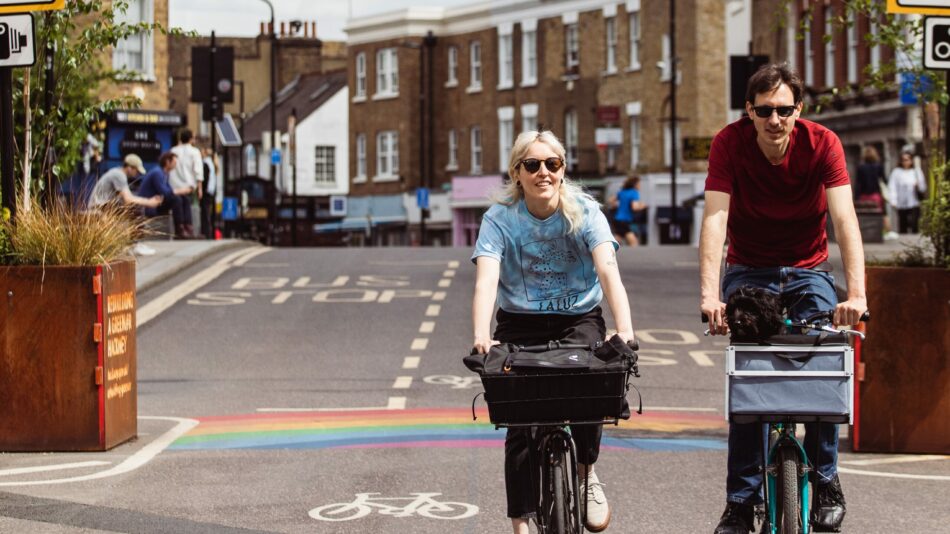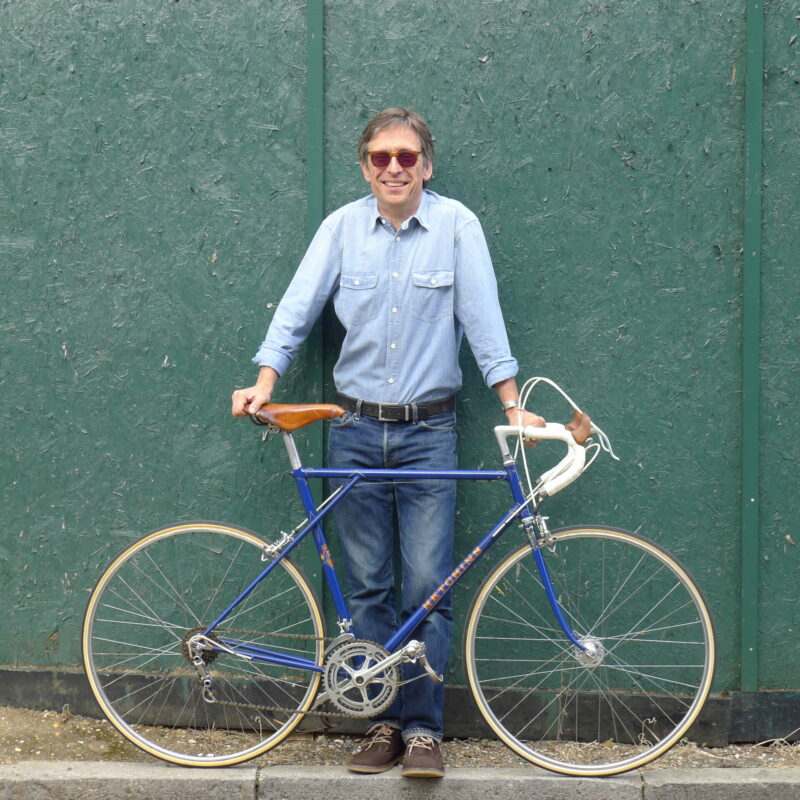

You can see how the arguments go… I’ve already paid for the roads through my taxes, so why should I pay again, just to drive on them? We all pay for schools and hospitals, which are then free to use: aren’t the roads just the same? Motorists are already highly taxed – enough’s enough!
All of these are fair points at face value, especially in the middle of a cost-of-living crisis. Yet the case for expanding the Ultra Low Emissions Zone (ULEZ) to the whole of London, and ultimately to consolidate all London’s road charging into a single “Smart & Fair Road User Charging” scheme, is still compelling. But politicians must strike a bargain with the people to make it happen.
Before we go on, let’s clear up some of the jargon, by way of a little history. London has had a variety of charges in place to use the roads for decades. The Congestion Charge was introduced way back in 2003 by then-Mayor Ken Livingstone, to reduce the congestion that was crippling the City and areas around it. Ken also introduced the first phase of the Low Emission Zone (LEZ) in 2008, to reduce air pollution (and carbon emissions), largely from diesel engine commercial traffic such as lorries and coaches.
Full implementation of the LEZ occurred in 2012 under Ken’s successor, Boris Johnson, who then mandated plans to tighten the scheme. This tightening, in the form of the Ultra Low Emission Zone (ULEZ), was subsequently implemented by Boris’s successor, Sadiq Khan, in 2021. Sadiq then extended the ULEZ from its initial, limited coverage to the whole area within the North and South Circular.
So road charging has a long history in London under mayors from opposite political camps. Why? Because it is a proven means of reducing congestion, as well as the pollution from petrol and diesel cars that causes so much damage to children’s development and shortens the lives of many thousands of Londoners. Lives and health are at stake, and there’s no alternative policy tool that works this well.
If we have those charges already however, why extend the ULEZ to cover the whole of London? Quite simply because there is no part of London that escapes air pollution and its damaging effects, and all Londoners deserve protection. Moreover, there is the even greater, existential threat of the climate emergency to deal with. Transport is the biggest single source of London’s carbon emissions, with road transport the single biggest component of that; urgent, drastic reductions in carbon emissions from road traffic, everywhere, is essential.
Sadiq has set London on course to become net zero by 2030, correctly in our view (in fact we called for it first). This is an impossible goal unless we fully decarbonise our roads. And here’s the rub: there’s hardly an analyst out there who thinks we can swap petrol and diesel cars for electric vehicles (EVs) fast enough to eliminate emissions from cars by 2030. Or, for that matter, to achieve the Government’s target of a 78% reduction in UK carbon emissions by 2035. This is true whatever incentives the public purse can (and should) spare, to nudge people to make the swap. Relying on EV take up is therefore not nearly enough: we have to massively reduce car use as well. All roads lead inexorably to road charging.
Oh, and by the way, this is not some metro-lefty agenda, as some would have it. Many Conservative voices have long called for road pricing as the best way to “internalise” the wider damage caused to society by vehicle emissions and congestion. Plus, there’s the small matter of replacing the shedloads of income the Treasury will lose as people switch to EVs (which are zero rated for vehicle excise duty – i.e. no “road tax” payable). Road pricing is a classic, market-based solution. In addition, we now have the technology to make it “smart” too. If you drive when and where congestion and pollution is highest, you pay more. If you avoid these times and places, you pay less (or nothing at all).
Yet, for reasons of both practicality and fairness, there should be no charging without providing. The practical point is obvious: if we use road charging to reduce demand for driving, what about the supply side? How do we expect people to get about instead? The answer is equally obvious: some 3 million “unencumbered” car journeys” (i.e. no significant luggage) are made in London each day that are short enough to easily be cycled; buses are super-efficient at getting lots of people around when cycling isn’t the best option; the private sector is running well ahead of politics in providing new, convenient types of “shared mobility” for hire, such as e-scooters, e-cycles and car clubs. We can and must provide greater access to all these alternatives, as the flip side of charging people for driving.
The fairness point is related to this, but subtly different. First, we should be promoting active travel, expanding public transport and supporting shared mobility in any case – for their own, intrinsic environmental, health and congestion-busting benefits. Londoners deserve no less. Plus, 50% of Londoners do not own or have access to a car – they are wholly dependent on these alternatives, and deserve better access to them. Accordingly, if we charge Londoners to drive, then Londoners deserve more safe cycle tracks, more subsidised public transport, and more car sharing in return. It’s only fair. You might call it a moral contract between politicians and the people.
Does this mean there will be no-one adversely affected by ULEZ expansion? No. Some people will see their costs rise, at least near term. It should not be beyond the capabilities of London’s policy experts to find ways to protect vulnerable and disadvantaged people, and they should do so. But we simply have to go through this shake-out in how we travel in London – and indeed how goods and services are delivered via road – to arrive at a place where transport, and London itself, is better for everyone.
Segueing from a successful expansion of the ULEZ to Smart & Fair Road User Charging, and a corresponding boost to investment in alternatives to the private car (but still providing access to cars), is the only way to go. No one likes extra costs, but a bargain is there to be struck between politicians and the people. The payoff for everyone will be worth it.

BECOME A MEMBER
LCC is highly effective because it's supported by 12,000 members, giving us a powerful collective voice. If you cycle in London please consider joining today. You'll be supporting our work and will receive a host of benefits.
KEEP UP TO DATE
